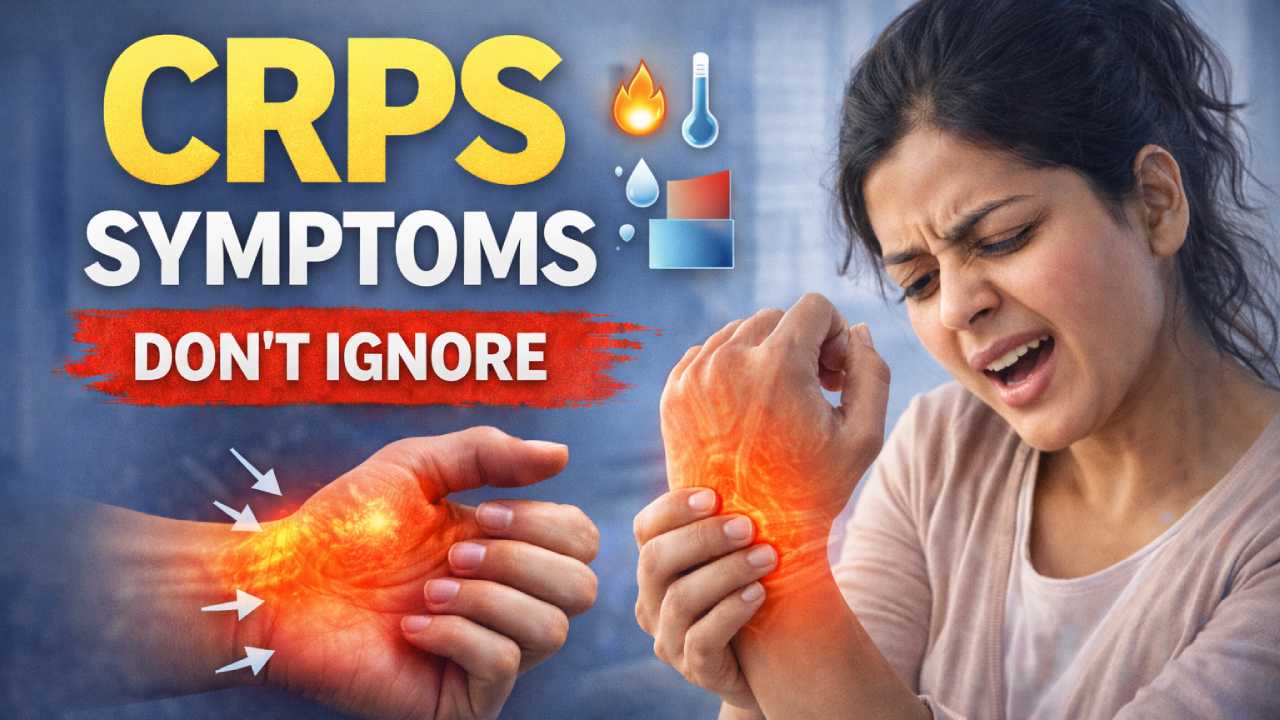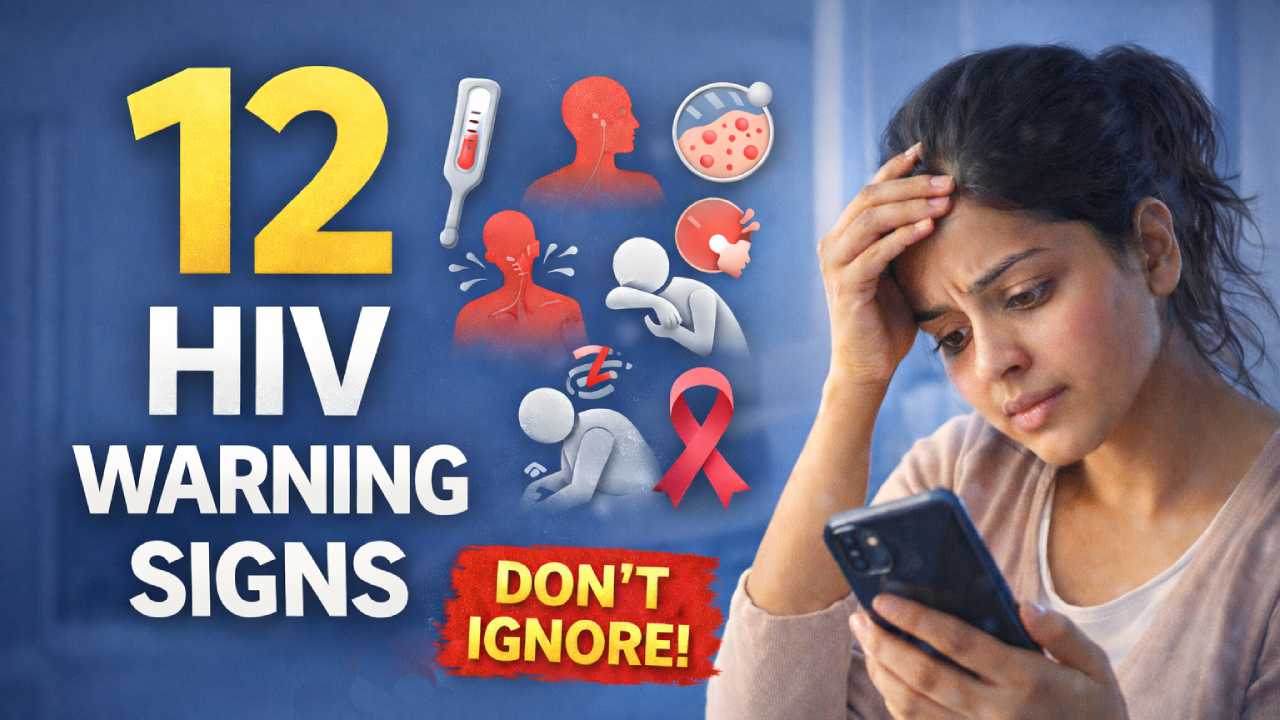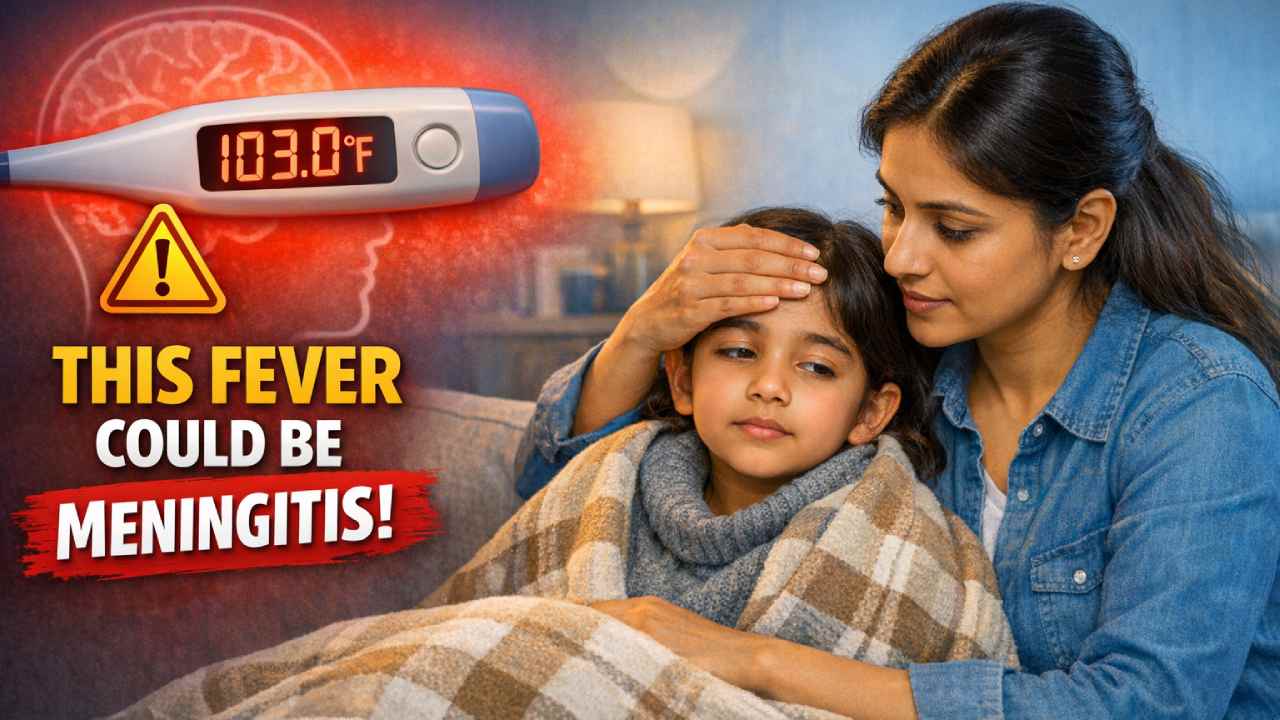Is Your Child Suffering from Diarrhea? Avoid These Common Parenting Mistakes
Verified By Dr. Fauzia Zaidi | 22-May-2025
Diarrhea is a very common illness in children across India, affecting infants, toddlers, school-aged children, and even teenagers. Whether due to seasonal infections, unsafe water, or contaminated food, children from 0 to 5 years are particularly vulnerable. Although it may seem like a routine issue, diarrhea can become serious very quickly, especially when not handled properly.
Unfortunately, many parents—despite their best intentions—often respond to diarrhea episodes in ways that may worsen the child’s condition. Dr. Fauzia Zaidi, a trusted Consultant Paediatrician at Kailash Hospital,Sector 71, Noida, shares key parenting mistakes to avoid and safe practices to support your child’s recovery.
Table of Content
When children suffer from frequent loose motions, some parents assume that giving them more water or fluids will increase the frequency. However, this is a dangerous myth. In reality, the greatest risk during diarrhea is dehydration. With every episode, the child loses essential fluids and salts, which must be replenished.
To protect your child, offer frequent small sips of clean fluids. One of the most effective and safe options is Oral Rehydration Solution (ORS), which restores the balance of fluids and essential salts in the body. Alongside ORS, you can also provide fresh coconut water, clear vegetable soups, rice water, and plain drinking water. Continue breastfeeding for infants, and avoid sugary drinks or sodas, as they can worsen dehydration.
Many parents believe that giving less food during diarrhea will help the stomach "rest." While this may sound logical, it actually slows the healing process. The body needs energy and nutrients to recover and fight off the infection.
Instead of cutting off meals, focus on feeding your child soft, easily digestible foods. These can include home-cooked rice with lentils (khichdi), mashed potatoes, bananas, curd, and plain toast or chapati. These foods are gentle on the stomach and provide nourishment without irritating the gut. Avoid fried, spicy, or oily items during this time.
Also read: Common Causes of Speech Delay in Children and How to Address Them
In the rush to ease their child’s discomfort, parents may reach for over-the-counter medications without medical guidance. While this might work for adults, it can be unsafe or even harmful for children.
Children's digestive systems are delicate, and medicines suitable for adults may disrupt their natural recovery process. In many cases, diarrhea in children resolves on its own with adequate hydration and supportive care. Always consult a pediatrician before giving any medication, and never rely solely on hearsay or internet suggestions.
Teething in infants can sometimes cause mild changes in stool consistency. However, it’s a mistake to assume all loose motions are due to teething. True diarrhea—watery stools three or more times a day—is often caused by infections or digestive issues and requires attention.
Observe other symptoms like fever, vomiting, unusual stool odor, or irritability. If these are present, teething is likely not the cause, and medical evaluation is necessary.
Dehydration can develop rapidly in children, especially those under five. The early signs may be subtle, but if missed, they can lead to severe health complications.
Watch closely for dry lips and tongue, sunken eyes, lack of tears while crying, irritability, and a noticeable drop in urination (fewer wet diapers or toilet trips). If you see any of these signs, immediately begin offering ORS and seek professional care if symptoms persist or worsen.
Traditional home remedies are common in Indian households. While some can be soothing, others may not be suitable for a child’s sensitive digestive system, especially during an illness like diarrhea.
Giving your child strong herbal mixtures, undiluted citrus juices, or raw ingredients may cause stomach irritation or increase the risk of complications. Consult your child’s doctor before trying any home remedy, no matter how trusted it may be.
Some mothers worry that breast milk might aggravate diarrhea and stop feeding altogether. In reality, breast milk is one of the safest and most beneficial sources of hydration and nutrition during this time.
It contains natural antibodies that help fight infections and supports the baby’s immune system. Mothers are encouraged to continue breastfeeding as usual—or even increase the frequency—if the baby is willing to feed.
Also read: Why Kids Today Have More Anxiety Than Ever Before
Diarrhea-causing viruses and bacteria are highly contagious. During and after an episode, poor hygiene can spread the illness to other children or family members.
Maintain good hygiene habits: wash hands with soap before meals and after using the toilet or changing diapers. Clean your child’s toys, clothes, and bed linens regularly. Ensure drinking water is safe—boiled, filtered, or RO-purified is best.
After symptoms ease, many parents send their child back to school or daycare immediately. However, the child may still be weak or contagious, risking both a relapse and the spread of infection.
Wait until your child has been symptom-free for at least 24–48 hours before resuming school. Allow time for full recovery so they can return in better health.
While many mild cases can be managed at home, some require medical evaluation. Delaying professional help in hopes that symptoms will pass can be risky.
Seek immediate care if:
- The diarrhea lasts more than three days
- Your child is vomiting constantly
- There is blood or mucus in the stools
- The child is extremely sleepy or unusually inactive
- Signs of dehydration are getting worse despite home care
Also read: Childhood Constipation: Causes, Remedies, and When to Seek Help
Dr. Zaidi shares simple steps that parents can follow to reduce the risk of diarrhea:
- Use clean and safe drinking water—preferably boiled or filtered.
- Wash hands thoroughly with soap before and after meals, and after using the toilet.
- Clean fruits and vegetables before use.
- Avoid food from unhygienic street vendors, especially during monsoon.
- Make sure your child is fully immunized, especially with the rotavirus vaccine.
- Practice exclusive breastfeeding for babies up to 6 months old.
Diarrhea in children is common but should never be taken lightly. Whether your child is a newborn or a teenager, the basic principles remain the same: hydrate frequently (especially with ORS), nourish gently, practice hygiene, and consult a doctor when needed.
Avoiding these common parenting mistakes can lead to faster recovery, fewer complications, and better health outcomes for your child. If you're ever unsure, remember—it's always safer to reach out to a qualified pediatrician than to wait and watch.
For expert pediatric care, you can consult our pediatricians at Kailash Group of Hospital.
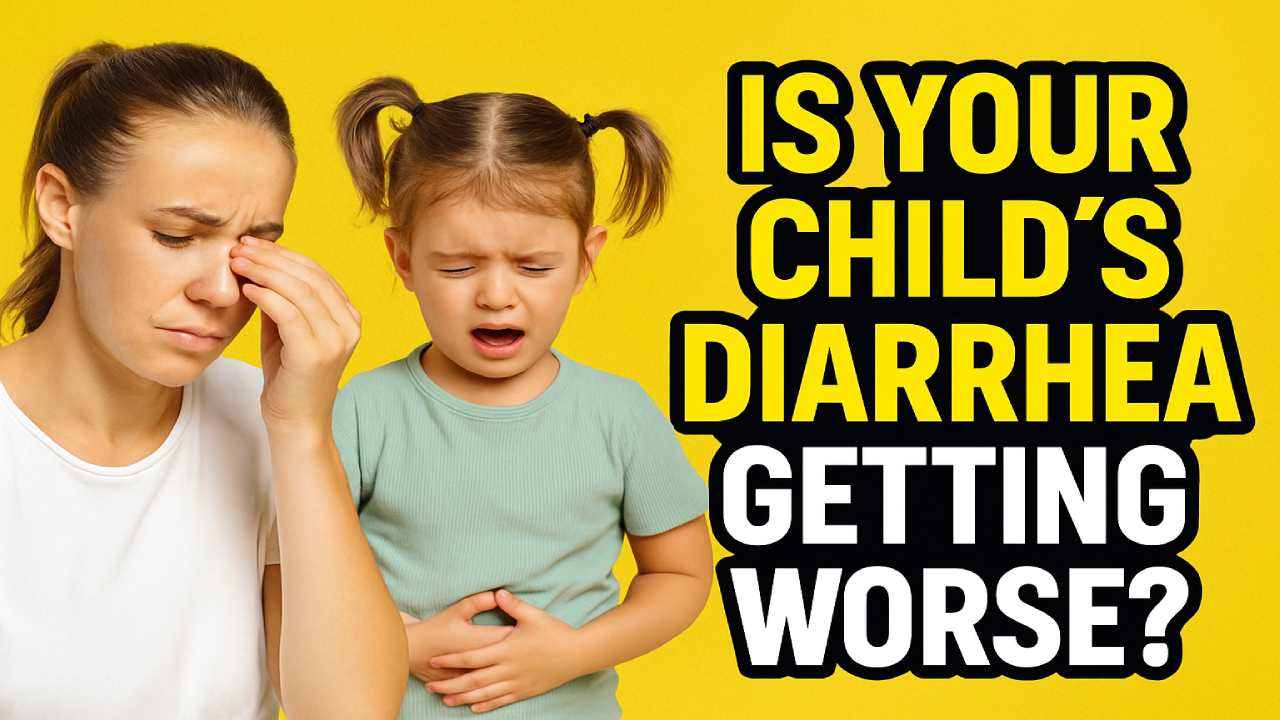
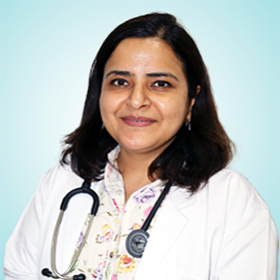

 +91-9711918451
+91-9711918451
 international.marketing@kailashhealthcare.com
international.marketing@kailashhealthcare.com



